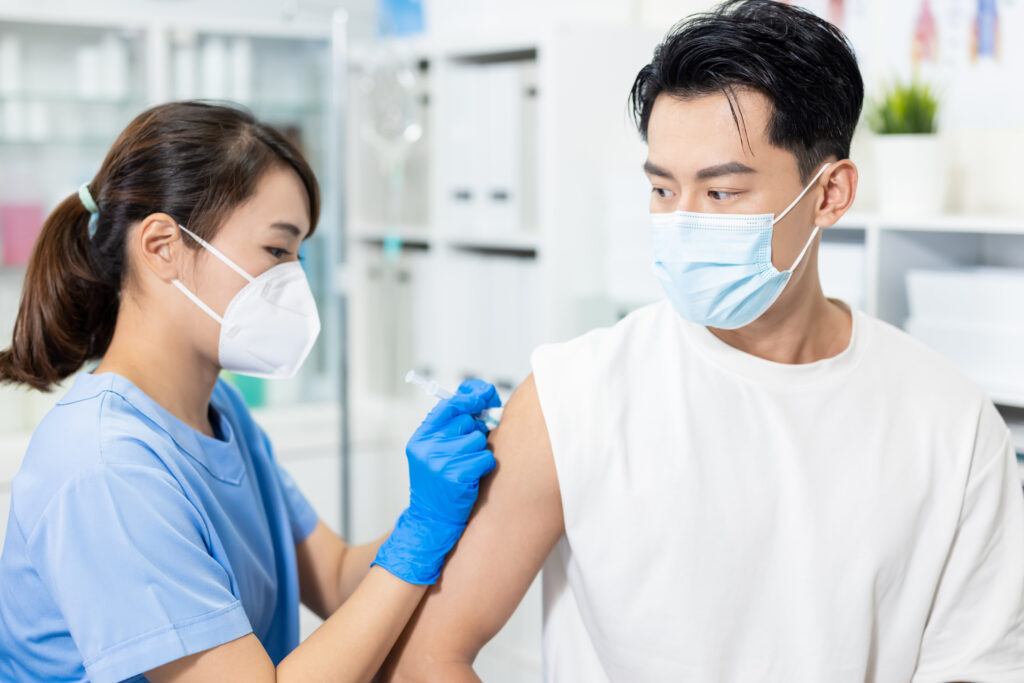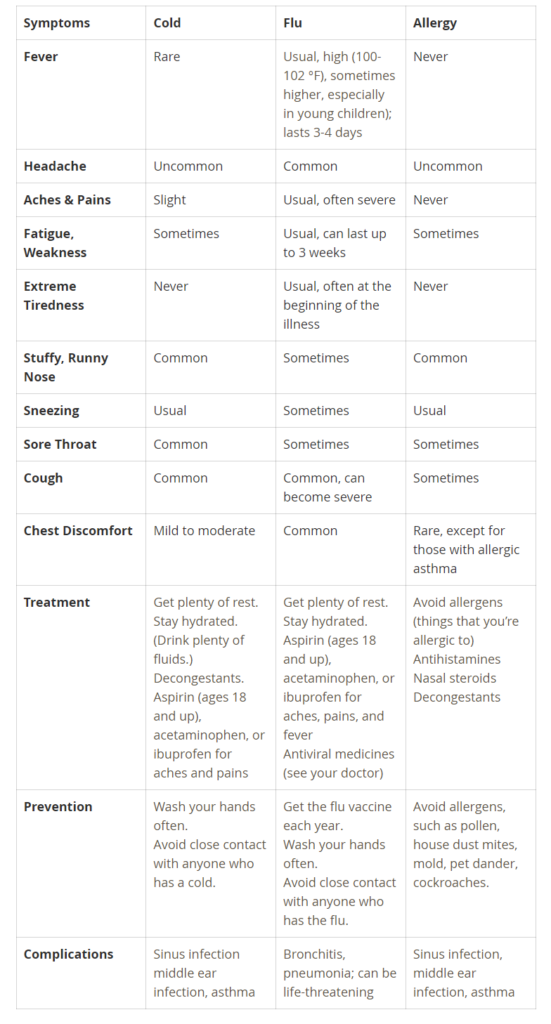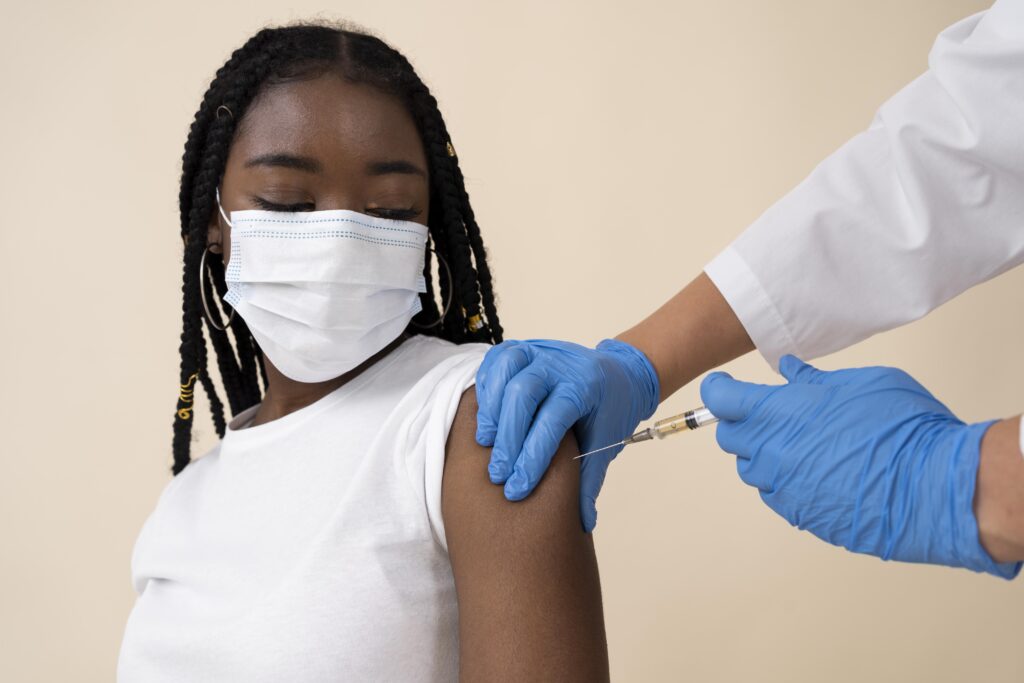Kids are heading back to school, fall is almost here (along with everything pumpkin), and that can only mean one thing: It’s time to start talking about flu season again. The flu virus doesn’t usually start circulating until the end of the year, but it’s important to get vaccinated in the fall to give your body time to learn how to fight off the disease if exposed.
There is a lot of information at our fingertips, and not all of it is correct…and even when we find the right sources, it can be hard to sort through all that info to figure out what is correct for what our symptoms are and how to treat whatever it is we caught. If you have questions about the flu or any other illness you may be experiencing as we head into flu season, make sure you are turning to trusted healthcare providers for your answers.

Is it true that the flu…?
Is it true that I can get the flu from getting the flu shot? ¹
Is it true that I shouldn’t get the flu shot if I’m pregnant? ¹
Is it true that I don’t need to get a flu shot every year? ²
I don’t feel good – what do I have?
Flu vs. COVID-19 ³
-
Fever or chills
-
Cough
-
Shortness of breath or difficulty breathing
-
Fatigue
-
Sore throat
-
Runny or stuffy nose
-
Muscle pain or body aches
-
Headache
-
Vomiting
-
Diarrhea
-
Change in or loss of taste or smell (more common with COVID-19 than flu)


